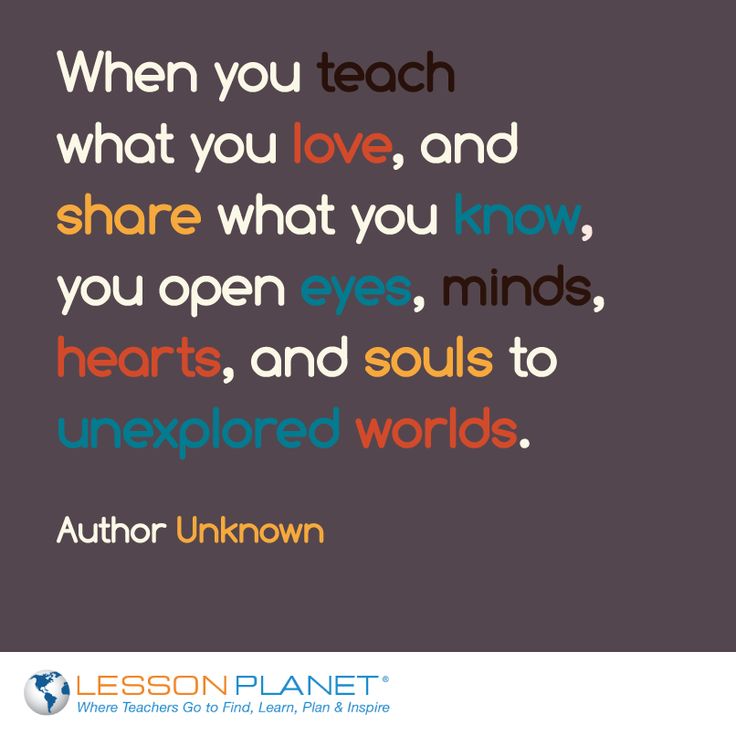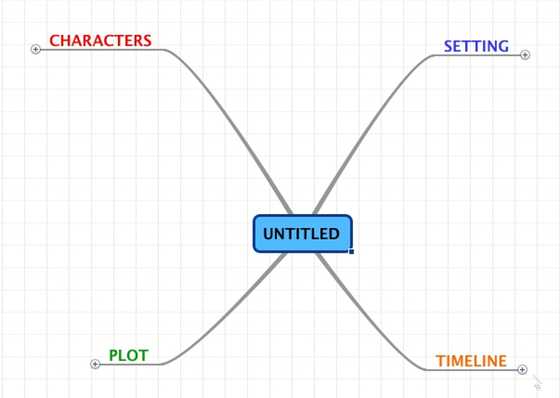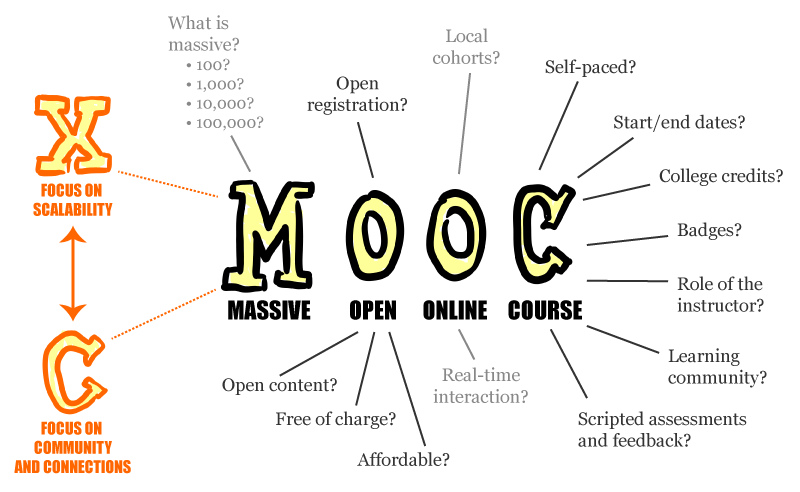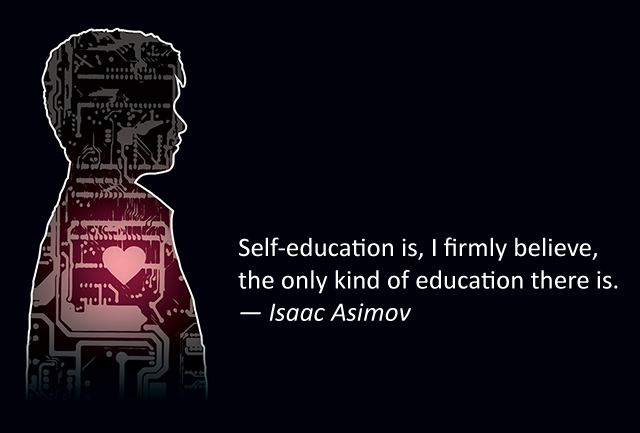 via
via
When my writing group started discussing an upcoming writers' conference, I decided (as someone who had never been to a conference of any kind) to research this writing-conference thing to see what it was all about.
The two primary benefits mentioned again and again everywhere I looked were inspiration and connections with other people in the writing community, and that seemed a worthwhile pursuit, so off I went to sign up for everything-- the classes, the editor critique of my writing, and all of the events associated with this conference. I even forked over the $10 to have "free" business cards made online.
How do you make the most out of a writing conference?
Having just completed this conference this past weekend, I'm still enjoying the high from the classes (though some were certainly better than others), the readings (much better than I expected), and most of all, from meeting and connecting with other writers and people in the writing community-- editors, agents, publishers, etc.
Lesson 1: Just dive in.
I decided to embrace all of it, including the less-than-stellar parts, focusing on the positive and ignoring the snafus. I went with a friend, and I read that it was unwise to spend the whole time with your friend—the whole point of a conference is to mingle and meet others. So, instead of spending the whole time making snarky comments and being too cool for school with her, I tried to mix it up and meet a variety of different people, and I'm glad I did. I ended up meeting men and women of all different ages, with all different kinds of experiences, writing about all kinds of things, and it was delightful to just be a part of it all.
How do you know which sessions to attend?
That old FOMO (fear of missing out) that I thought I'd outgrown came back, as I couldn't decide between which sessions (classes) to go to with so many enticing options available.
Lesson 2: Choose your instructors rather than your classes.
I read that you should choose your classes based on the presenter rather than the title of the session, and even though this requires that you spend time doing research on the instructors, it is well worth your time. I did a quick search and easily narrowed the list down to whom I thought I most wanted to meet. When I saw people in person, some of my preferences changed, but I still felt empowered making informed decisions about how I spent my limited time. I knew the two days would fly by, and I didn’t want to waste my time (or money).
Lesson 3: You don’t have to attend a session just because you signed up for it, and you don’t have to stay in a session if it isn’t benefiting you.
On the first day, I didn’t want to be rude and felt like I had to sit through this class on “how to become a bestselling author” that turned out be about how to “game the system” in self-publishing (now referred to more positively as "indie publishing"). It felt like sleazy self-promotion in the worst way, using words like "bestseller" to market yourself and your work after enough people downloaded your free ebook to get your amazon ranking to #1 for a few minutes (which you then take a screenshot of to prove your best-selling status). I know I’m an idealist, but it just doesn't feel honest to claim you have a “bestseller” if you didn’t sell anything to anyone.
I regretted not leaving the slimy self-promotion session earlier and was bummed that I missed out on classes that actually could have taught me something and/or honed my writing craft. So, on the second day, I left sessions right away if I felt I wasn't getting what I'd hoped out of them and rushed to other classes that sounded intriguing, and I'm so glad I did. I ended up learning a lot from the classes-- and much of it was stuff I'd learned before but was presented in different ways this time. And in listening to the presenters, I fell in love with writing all over again, which was a wonderful experience.
How do you make the most out of meeting all of these interesting people?
After the conference was over, I emailed a few people I was impressed by, and they were so kind and gracious. A writer/editor already offered to be my mentor, an agent said she'd be happy to look at my novel once it's completed, and the editor who critiqued my writing and gave me useful and encouraging feedback already feels like someone I could become good friends with.
Lesson 4: Contact the people you’d like to stay in touch with right away, while they still remember who you are.
I happened to be the only Asian at the conference, so I signed my emails with “Jennifer (the only Asian at the conference)” so they could differentiate me from the other millions of Jennifers out there. I read that you should wear a distinctive scarf/tie/headband, etc. to be memorable, and while this sounds cheesy (“I was the one holding the green rose”), I can see where it comes from. You meet so many people; it’s hard to keep everyone straight.
Lesson 5: Stay in touch.
One of the presenters was also something of a community organizer, and she brought writers together for published anthologies and spoken readings. Many of them had known each other as friends and colleagues for years, and I was blown away and would love to be a part of something that powerful one day.
But does attending a writing conference actually make you a better writer?
Another unexpected benefit from attending the conference was the idea of taking yourself seriously as a writer. Barbara Abercrombie reminded us that being a writer is not some crown we wear on our heads; it's a verb, and we are writers if we write. (This is a good reminder to write more consistently, too.)
I didn't have a complete manuscript that I wanted to show off, but now, I'm eager and motivated to finish it (and have learned it will take even longer than I originally thought to execute properly) and then share it with the people I met this past weekend.
I do think attending a writers' conference makes you a better writer. You get back in the classroom and sharpen your tools. You get inspired and fired up, so you work harder and create more. You connect with other writers and become a part of a larger creative community of people who wax on about lovely descriptions with the same fervor you do.
You obviously don't need a writing conference to be a great writer, but I do feel very privileged to have attended my first one this past weekend and would encourage you to go if you have the opportunity. If money is an issue, stay local and just go for part of it. If you're a student or a teacher, you can qualify for scholarships. I saved $30 by signing up early and declining the $10 boxed lunch-- and was happy to have my PB&J in a plastic bag instead.
And at the end of the day, if you really want to become great at something, you'll have to invest in yourself. So, here is one way to treat yourself to a rewarding experience that will also develop your skills and connect you to a greater tribe of people like yourself. Win win.
This year, it came up more often that I was a coffee shop owner than a writer. Next year, I hope to be another prolific writer in the group, saying I have a complete novel that I’m excited to share.
 Tuesday, December 8, 2015 at 01:08AM
Tuesday, December 8, 2015 at 01:08AM 




